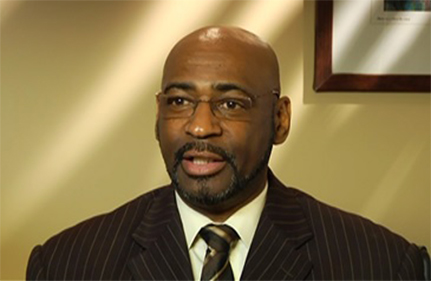The Kidney Transplant Process
The Kidney Transplant Process
Steps to becoming a living kidney donor may vary depending on the transplant center, but most transplant centers include these major steps:
-
- 1.Calls to the Transplant Center: The first step for someone interested in being a donor is to call the transplant center where the recipient seeks care. The potential donor will answer questions about his/her own medical history, as well as his/her family’s medical history. This is to see if there are any issues that might prevent him/her from donating.
- 2.Complete Medical Questionnaires: A follow-up packet will be sent to the donor’s home to get more information about the person’s medical history. Some questions from the phone call may be repeated to make sure the center has the correct medical information.
- 3.Complete Blood Kit: A Blood Kit will be sent to the donor after the center has received the paperwork. This should be done to determine the donor’s blood type and whether it is compatible with the recipient.
- 4.Pre-Evaluation Testing: If the potential donor is a match, a 24-hour urine collection will be done to test his/her kidney function. Depending on the donor and family medical history, a second test may be needed.
- 5.Evaluation: The donor will be brought into the Transplant Center to do more blood work to see if she/he can be a donor, as well as a chest x-ray, EKG, and a scan of the person’s abdomen to see if everything is normal with the shape and structure of the kidney. The donor and patient can also ask transplant staff questions about the surgery, financing of the operation, and life after surgery.
- Final tests are done to make sure the donor has enough kidney function to be able to live with a single kidney and to make sure the risk is low for kidney rejection by the recipient.
- 6. Surgery: The donor and patient surgery is scheduled, after final clearance.
Steps to becoming a living kidney donor may vary depending on the transplant center, but most transplant centers include these major steps:
-
- 1.Calls to the Transplant Center: The first step for someone interested in being a donor is to call the transplant center where the recipient seeks care. The potential donor will answer questions about his/her own medical history, as well as his/her family’s medical history. This is to see if there are any issues that might prevent him/her from donating.
- 2.Complete Medical Questionnaires: A follow-up packet will be sent to the donor’s home to get more information about the person’s medical history. Some questions from the phone call may be repeated to make sure the center has the correct medical information.
- 3.Complete Blood Kit: A Blood Kit will be sent to the donor after the center has received the paperwork. This should be done to determine the donor’s blood type and whether it is compatible with the recipient.
- 4.Pre-Evaluation Testing: If the potential donor is a match, a 24-hour urine collection will be done to test his/her kidney function. Depending on the donor and family medical history, a second test may be needed.
- 5.Evaluation: The donor will be brought into the Transplant Center to do more blood work to see if she/he can be a donor, as well as a chest x-ray, EKG, and a scan of the person’s abdomen to see if everything is normal with the shape and structure of the kidney. The donor and patient can also ask transplant staff questions about the surgery, financing of the operation, and life after surgery.
Final tests are done to make sure the donor has enough kidney function to be able to live with a single kidney and to make sure the risk is low for kidney rejection by the recipient.
- 6.Surgery: The donor and patient surgery is scheduled, after final clearance.
Benefits of Donation
Benefits of Donation

“Really deep down in the back of my mind, I had two, he needed one, we were a match. That was a sign, I mean, you got to go for that sign …Plus, I’ve reaped multitudes of rewards by…just donating a kidney to him.”
-Paul, donor

“I would say for the person that is considering giving up themselves to help someone, the reward is greater than you could ever imagine. ..It’s a lot better for the person that is giving of the organ than the one receiving the organ.”
-Greg, recipient

